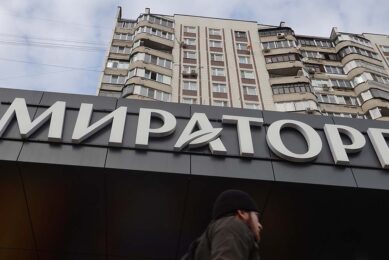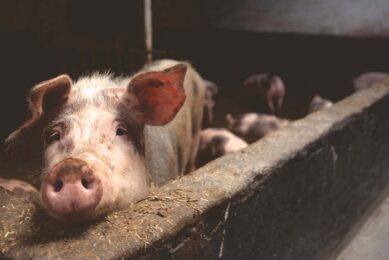Brazil: financial collapse affects pork exports
2008 was heading to be a record year for Brazil’s pork exports up until October when the global economic crisis began taking affect on the industry.
Although less tonnage was exported in the first ten months of 2008, fluctuating prices allowed pork exports to earn $1.23 billions, 37% more as in the same period of 2007.
In November however, the situation turned sour. Only 22,400 tonnes of pork was exported in comparison to almost 43,000 tonnes in October. Prices also began falling sharply, and continue to do so.
Pork markets
The main culprit was Russia, for many years the leading market for Brazilian pork. Hit hard by the fall in the price of oil, difficulties with the banking system and the start of a major devaluation, Russia bought only 10,000 tonnes of pork from Brazil in November, less than half the average of the previous ten months in the year. Other leading customers, amongst them, the Ukraine, Hong Kong, Singapore and Venezuela, also bought much less.
The situation improved slightly in December, when almost 26,000 tonnes were shipped, 15% more as in the previous month, while Russia bought almost 2,000 tonnes more than it had in November. But prices continued to fall, averaging $2,600 per tonne in December last year, compared with the peak of $3,600 per tonne last August.
The year ended with Brazil having shipped 470,000 tonnes, 17,000 tonnes less as in 2007. The signs are not good for 2009, and the export of all types of meat, poultry, beef and pork, earned an average of $30 millions each day in the first three weeks in January, 21% less than in the same period last year and less than in December 2008 as well.
Pork production cycle
In response to the crisis the poultry industry has slashed output by 20%, while farmers are keeping beef cattle in the fields. But the pork production cycle is a long one, and animals are all raised in barns these days, so production cannot be slowed quickly.
For the time being, there is no alternative but to put the surplus tonnage into storage, and reduce prices on the domestic market in the hope that more can be sold in Brazil. The industry also hopes that several important new markets will open to Brazilian pork this year, such as China, Mexico, Chile and hopefully Japan and the United States.
Join 18,000+ subscribers
Subscribe to our newsletter to stay updated about all the need-to-know content in the pigsector, three times a week. Beheer
Beheer










 WP Admin
WP Admin  Bewerk bericht
Bewerk bericht